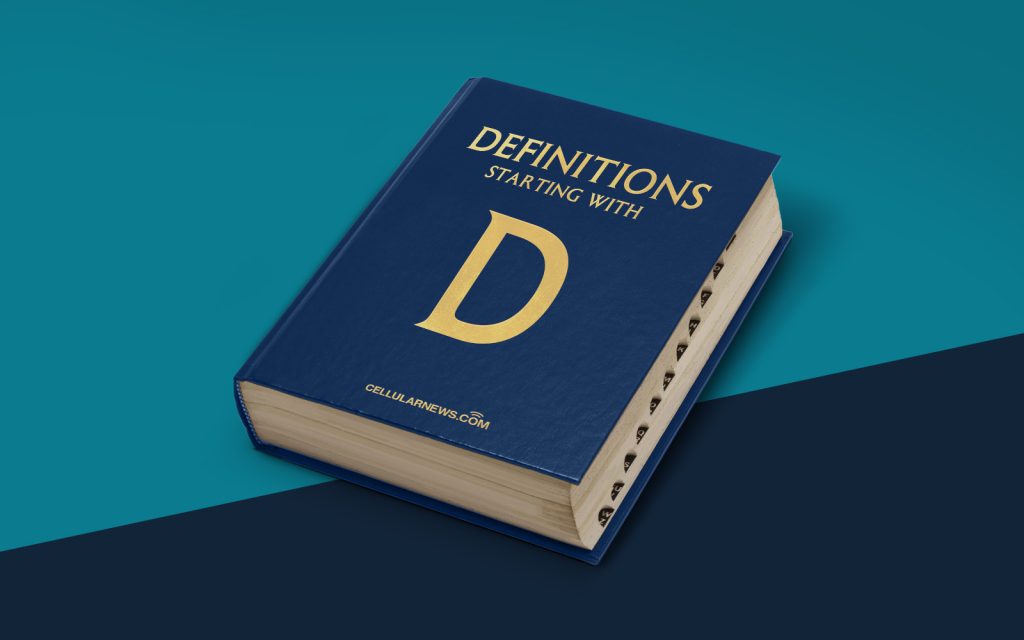
Understanding the Role of a Data Protection Officer (DPO)
Data protection has become a critical concern in today’s digital world. With the increasing number of data breaches and privacy concerns, organizations are placing more emphasis on safeguarding personal information. As a result, the role of a Data Protection Officer (DPO) has gained significant importance. In this article, we will explore what a DPO is and their essential responsibilities.
Key Takeaways:
- A Data Protection Officer (DPO) is an individual responsible for ensuring an organization’s compliance with data protection regulations
- The role of a DPO is to monitor data processing activities, provide guidance on data protection, and serve as a point of contact for data subjects and supervisory authorities.
What is a Data Protection Officer?
A Data Protection Officer (DPO) is an expert appointed by an organization to oversee the management and protection of personal data. This role ensures that the organization complies with data protection regulations, such as the General Data Protection Regulation (GDPR) in the European Union.
A DPO acts as an independent and objective party within the organization. They are responsible for monitoring data processing activities and ensuring that the organization processes personal data in a lawful and secure manner. This includes assessing and mitigating risks, implementing appropriate safeguards, and conducting Data Protection Impact Assessments (DPIAs).
Responsibilities of a Data Protection Officer
The responsibilities of a Data Protection Officer may vary depending on the organization’s size, industry, and specific requirements. However, some common responsibilities of a DPO include:
- Monitoring Compliance: The DPO ensures that the organization complies with applicable data protection laws and regulations. They stay updated with the latest developments in data protection and advise on necessary actions to maintain compliance.
- Providing Guidance: The DPO provides guidance to the organization, its employees, and contractors on data protection matters. They educate stakeholders about their rights and obligations regarding personal data processing.
- Managing Data Subjects’ Requests: The DPO serves as a point of contact for data subjects who wish to exercise their rights, such as accessing their personal data, rectifying inaccuracies, or requesting erasure.
- Cooperating with Supervisory Authorities: The DPO acts as a liaison between the organization and supervisory authorities, such as data protection authorities. They handle inquiries, notifications, or investigations related to data protection.
- Conducting Audits and Assessments: The DPO conducts regular audits and assessments to ensure that the organization’s data protection policies and procedures are effective and up to date. They identify vulnerabilities and recommend appropriate measures to mitigate risks.
Do You Need a Data Protection Officer?
Organizations are required to appoint a Data Protection Officer if they process personal data on a large scale, engage in systematic monitoring of individuals, or if data processing is a core activity of their business. However, even if it is not mandatory, having a DPO demonstrates a commitment to data protection and can enhance the organization’s reputation among stakeholders.
While the responsibilities of a Data Protection Officer may sound complex, having a dedicated expert in this role is crucial for maintaining data protection standards. The DPO ensures that an organization’s data processing activities are transparent, lawful, and respectful of individuals’ privacy rights.
In conclusion, a Data Protection Officer plays a crucial role in safeguarding personal data and ensuring compliance with data protection regulations. With their expertise and guidance, organizations can navigate the complexities of data protection and build trust with their customers and stakeholders.
